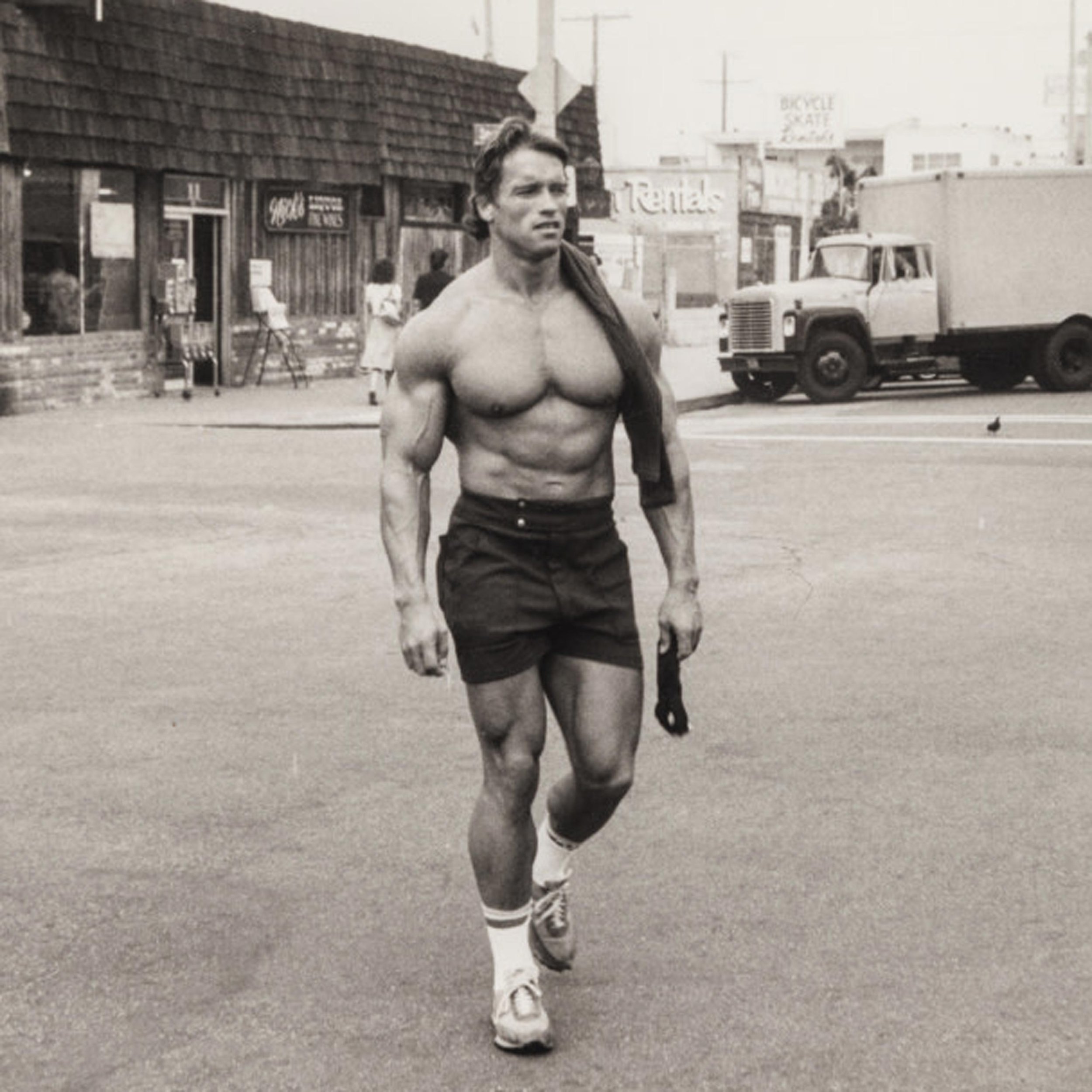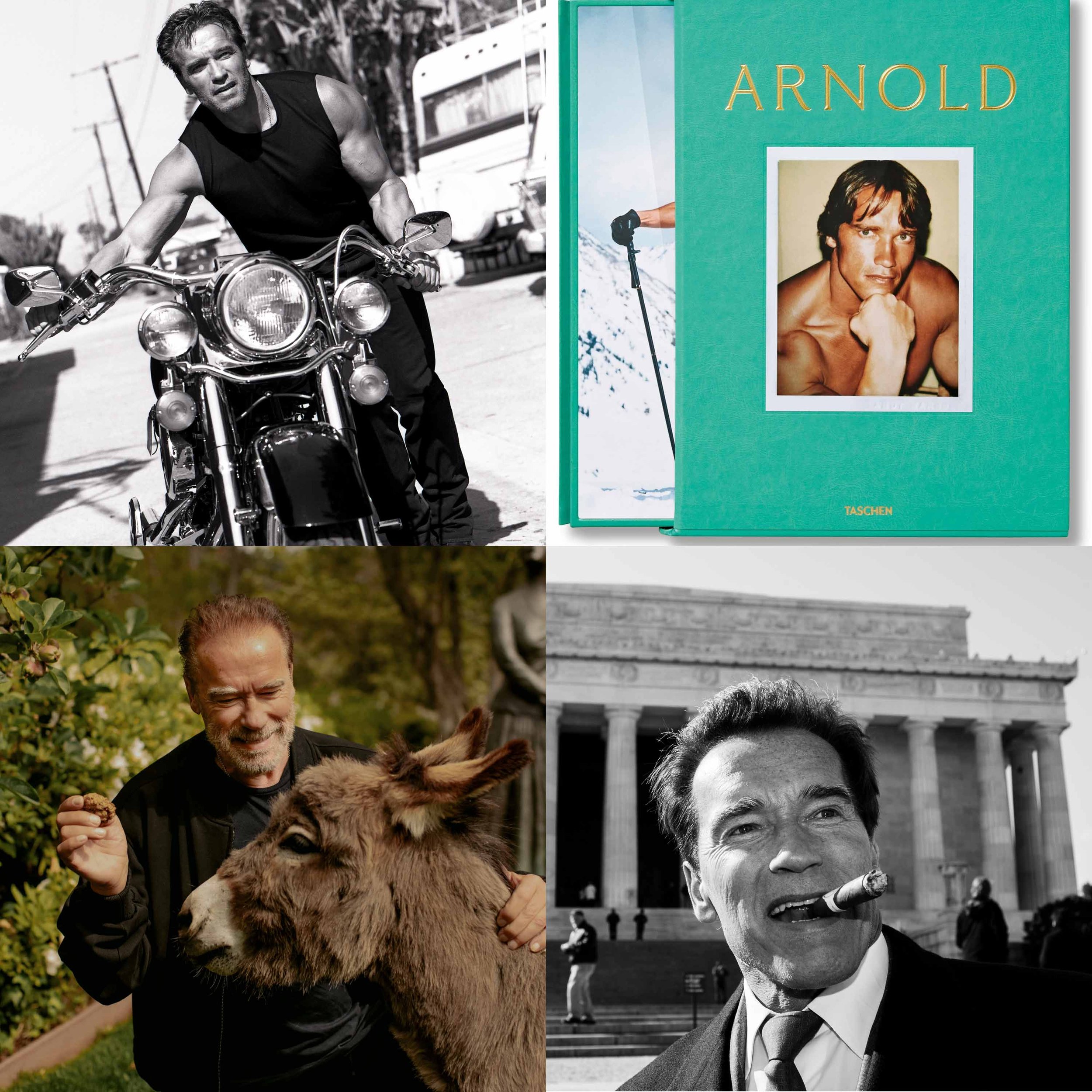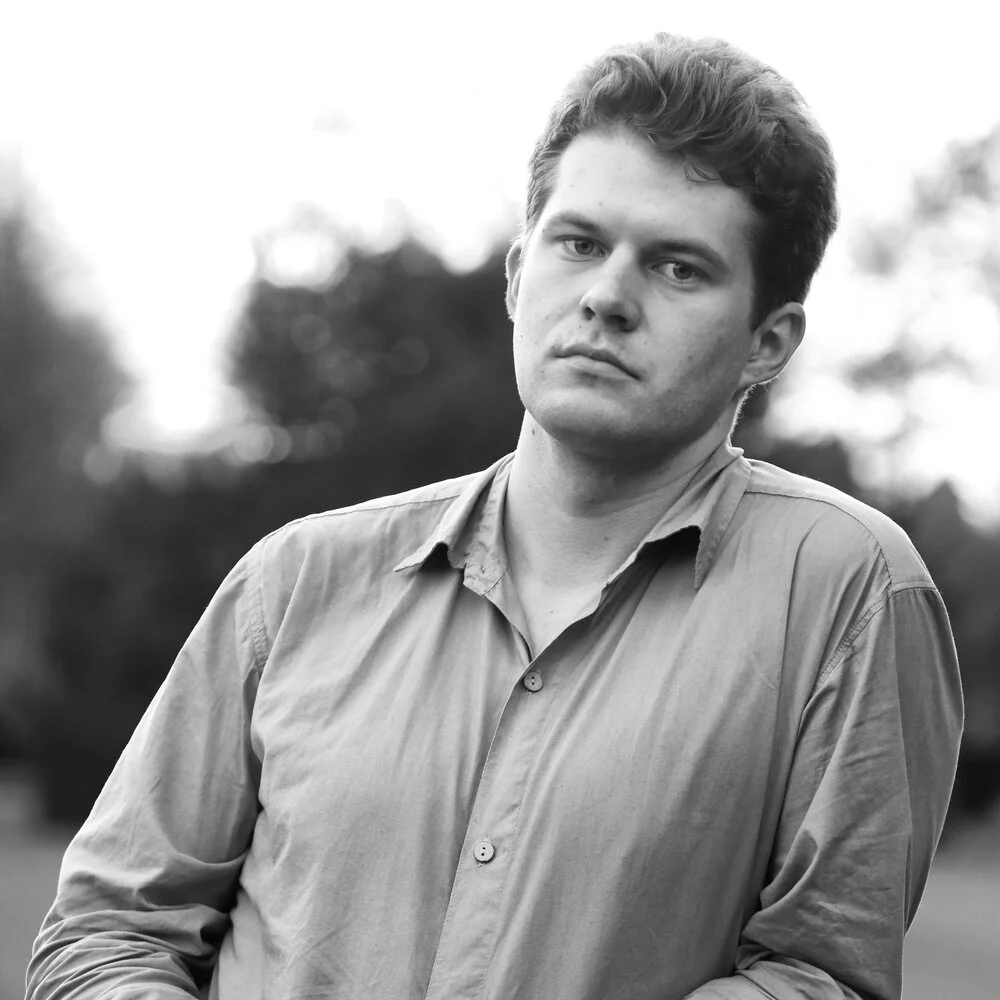What’s it like to film a supernatural thriller in darkness at minus 17 degrees? - Highlights - FLORIAN HOFFMEISTER
/Academy Award-nominated Cinematographer
HBO’s True Detective: Night Country starring Jodie Foster · Kali Reis · Fiona Shaw
I drove for like a half an hour into absolute nothingness, and I left the car. It was three o'clock in the morning. It was minus 17 degrees and it was absolutely still. I've never experienced stillness such as that. I mean, it's like you feel like you can feel your atoms move or not move because it's so cold. And the sky is full of the Northern Lights. So you are already in a remote place, but you want to go further. And I think maybe those themes of going out into the wilderness are motivated by the urge to connect. And I think Issa López has really incorporated it beautifully into the script. And the show tells of this great disconnect between people. So not only are we disconnected from our environment, but we are disconnected from each other.












